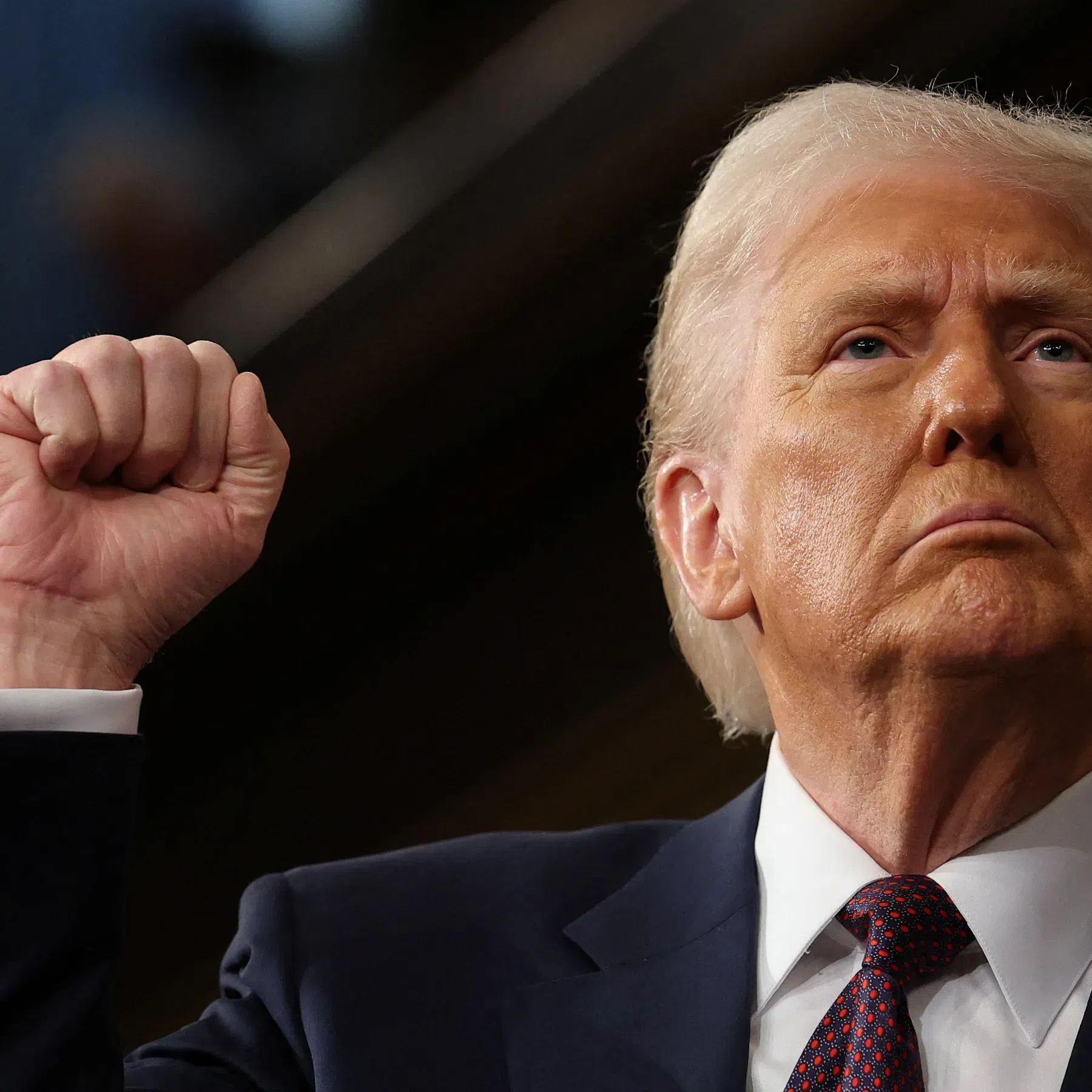
A proposed reality television series tentatively titled The American is drawing widespread attention — and controversy — for its premise: immigrants competing in challenges across the United States for a chance to win U.S. citizenship. The concept, pitched by Canadian television producer Rob Worsoff, is reportedly being considered by officials within the Department of Homeland Security (DHS) during Donald Trump's presidential campaign.
According to multiple media reports, including TIME, The Washington Post and Vanity Fair, the show would feature 12 immigrant contestants undertaking tasks rooted in American history, culture and national identity. Each week, the participants would travel to different U.S. locations, taking part in challenges ranging from assembling a Model T Ford in Detroit to participating in a gold rush-themed contest in California.
READ ALSO: New U.S. rule requires Ghanaians, others to carry legal ID always
The programme would culminate in a live town hall vote, where local residents would decide which contestant best exemplifies American values. The winner would reportedly receive U.S. citizenship, while the rest could walk away with consolation prizes such as airline miles or retail gift cards.
A Pitch to Government and Public Sentiment
The concept was formally pitched to the Department of Homeland Security, though a DHS spokesperson clarified that the department receives numerous proposals annually and no approval has been granted. Secretary of Homeland Security Kristi Noem has reportedly not reviewed or endorsed the project.
Rob Worsoff, the producer behind the concept and a former executive at Pilgrim Studios, insists that the aim of The American is to humanise the immigrant journey. In statements made to The Daily Beast, he stated:
“This is not meant to be cruel or dystopian. It’s a way to celebrate the struggle and determination of those who want to become Americans.”
ALSO READ: Ghana and other African countries hit by Trump’s harsh tariff spree – Full list
Despite these claims, critics argue that gamifying the path to citizenship trivialises a process that is often deeply personal and fraught with legal complexity. Congressman Joaquin Castro, a Democrat from Texas, described the show as “sick,” and accused the creators of turning people’s lives into a spectacle for entertainment.
Entertainment Meets Immigration Policy
While the concept is not new — earlier versions were reportedly floated during the Obama and Biden administrations — it appears to be gaining more traction now, particularly given Trump’s long-standing background in reality television. Trump rose to pop culture prominence through The Apprentice, a show that popularised his business persona and helped launch his political career.
The idea of The American echoes broader themes in Trump’s political playbook: nationalist sentiment, spectacle-driven media, and a focus on “earning” American identity. The show's format seems tailored to align with Trump’s base, especially amid a campaign season in which immigration remains a divisive issue.
ALSO READ: 5 health complications you can develop from having anal sex
The Ethics and Implications
The show raises several ethical concerns. Immigration lawyers, human rights advocates, and political analysts have voiced alarm about the idea of offering citizenship — a legal right — as a game prize.
Currently, the U.S. citizenship process involves years of residence, background checks, English language proficiency, and knowledge of civics. Turning this into a competitive reality format risks undermining the legitimacy of the naturalisation process, some critics warn.
There are also questions about whether such a show could ever be legally feasible. The U.S. Constitution grants Congress the power to regulate naturalisation, meaning that even if the DHS supported the concept, it might face legal challenges and political pushback.
While The American remains a proposal, not a production, it has already ignited a spirited debate about the future of immigration, media, and national identity in the United States. Whether or not it reaches screens, its emergence reveals how entertainment and politics are increasingly intertwined — especially in an era where reality television can shape, and even redefine, public policy.
Read Full Story


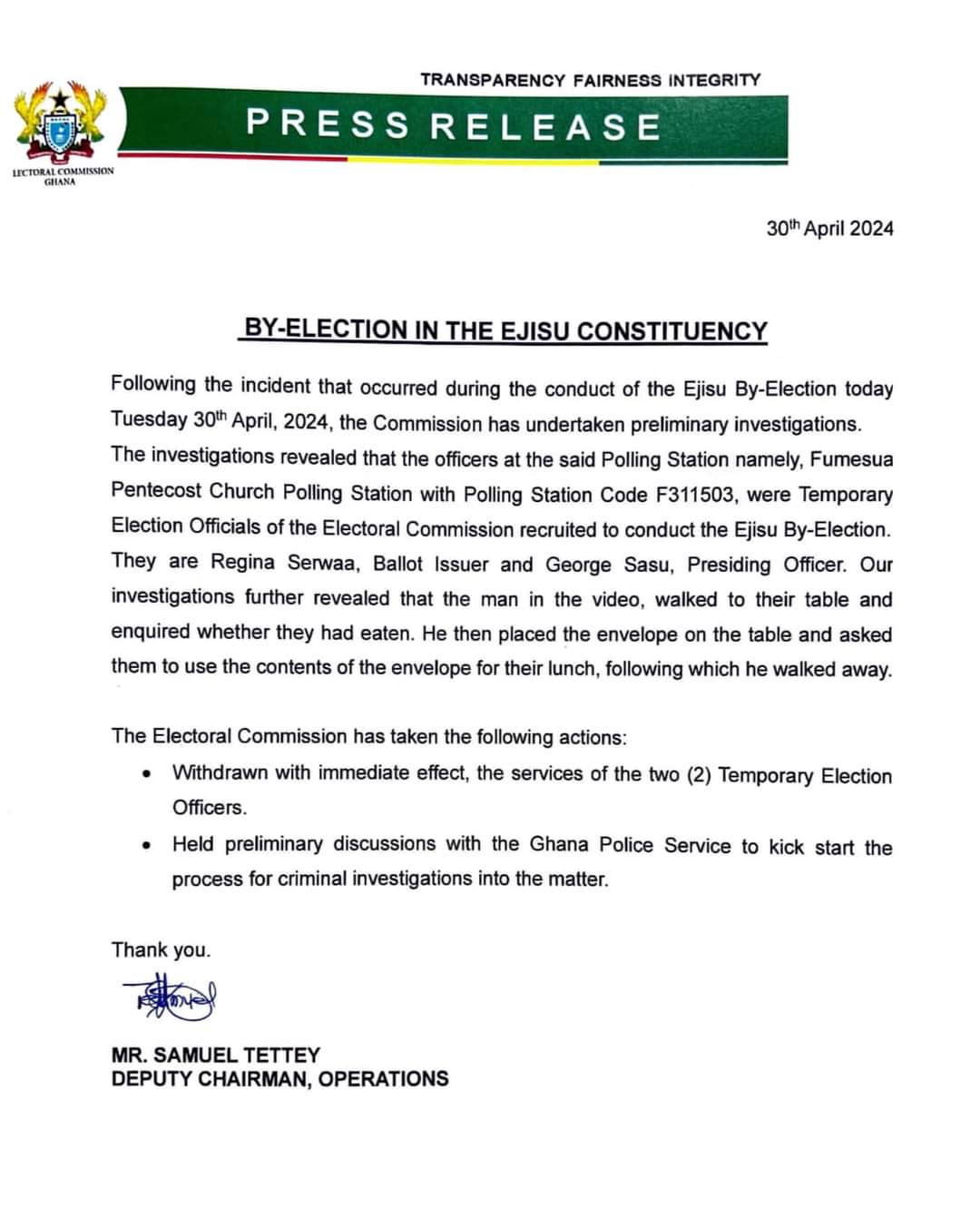

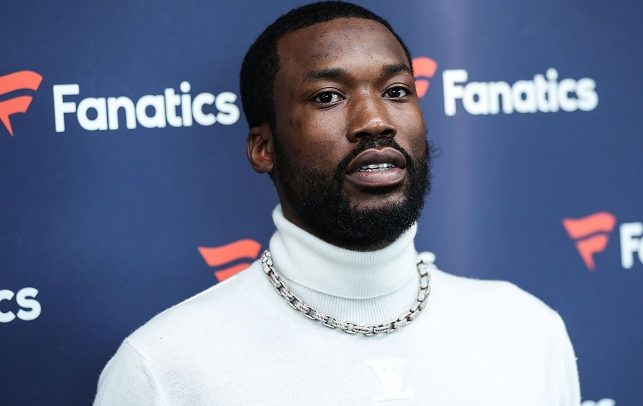



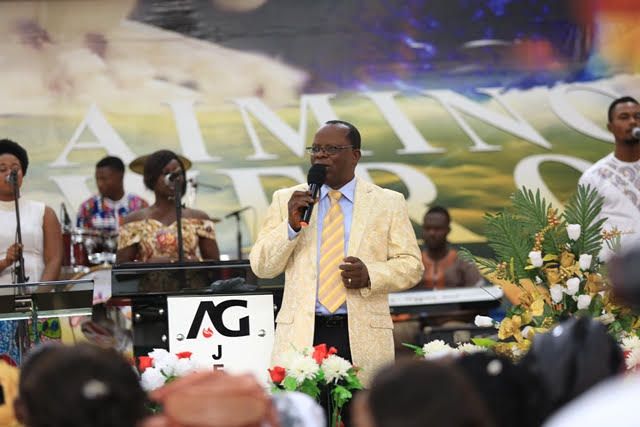




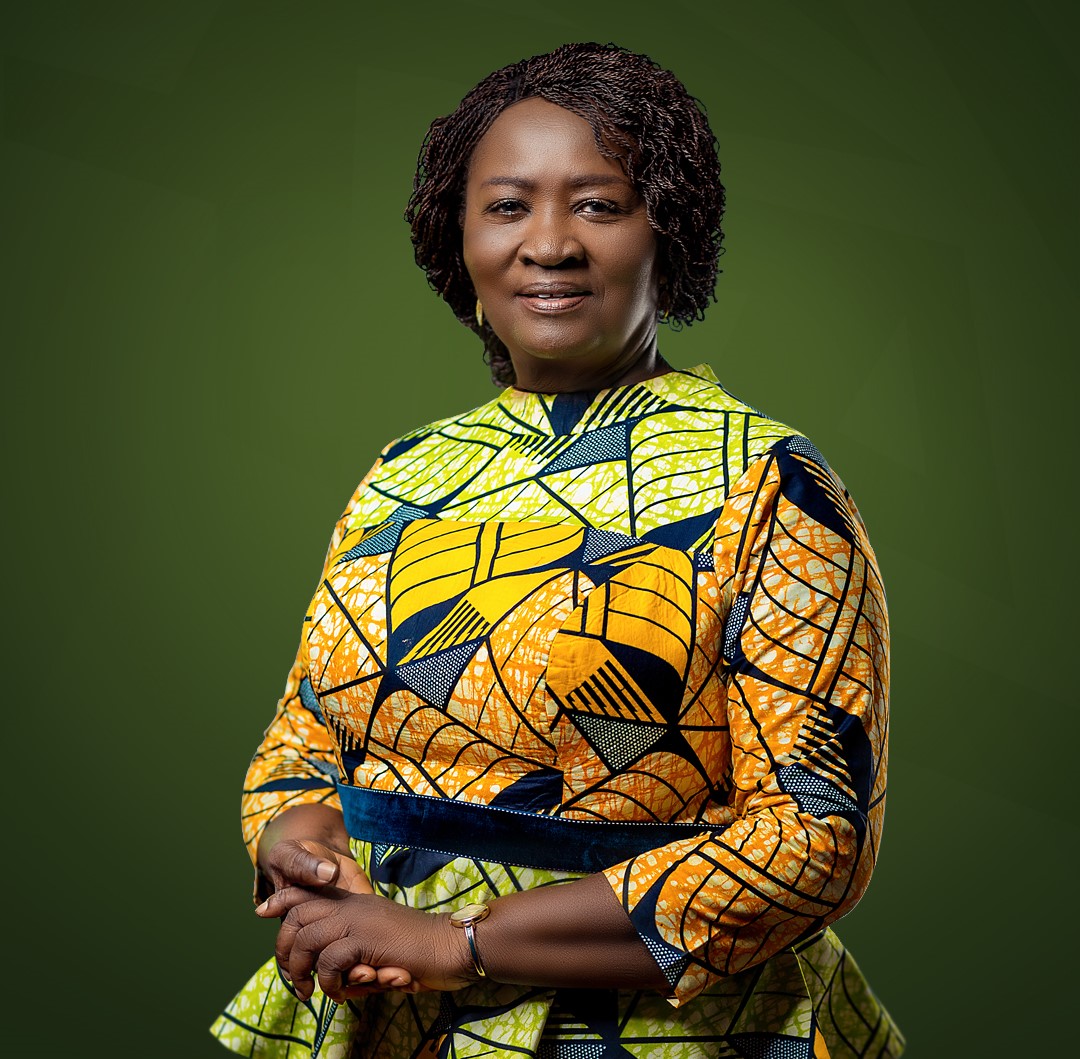
Facebook
Twitter
Pinterest
Instagram
Google+
YouTube
LinkedIn
RSS